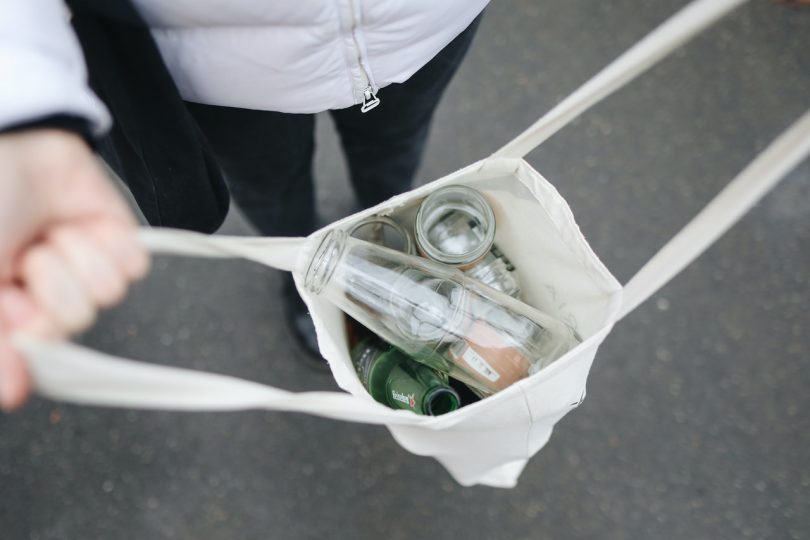News of the climate crisis has inspired lots of people to adopt an eco-friendlier lifestyle. However, the main difficulty with doing this is there aren’t many products available on the market which are good for the environment – and, unfortunately, we can’t really live without things like deodorant cans or batteries in our society. This being said, there are plenty of eco-friendly alternatives for our favourite everyday items. It just requires a little digging to find them. Luckily for you, we’re already done the job. So, keep reading if you want to know what products you should use for a greener lifestyle.
Rechargeable Batteries
Studies have found that rechargeable batteries are significantly less damaging for the environment and ozone atmosphere than alkaline ones. For starters, they can be reused time and time again, whereas alkaline batteries must be disposed of after one use. What’s more, batteries release harmful metals like mercury and lead into the environment as they decompose, leading to water and soil contamination. So, you can reduce the number of batteries manufactured by switching to rechargeable ones, plus save yourself money along the way.
Eco-Friendly Phone Cases
Phone cases are mainly made of silicone or plastic. Both these materials are bad for the environment as their production releases toxic fumes into the environment, they can’t be recycled, and they take hundreds of years to decompose. However, there are now some great phone cases available on the market which are eco-friendly. Some are made from organic products like bamboo whereas others were created using recycled material.
Compostable Coffee Pods
Believe it or not, coffee pods are one of the worst everyday household items that contribute to climate change. Manufactured from plastic and aluminium, which aren’t easily decomposed or recycled, billions of these innocuous pods are piled in landfills. With this being said, there is now an amazing substitute on the environment. The company Halo have a range of eco friendly coffee pods which are fully decomposable and can be used to fertilise soil, putting them streaks ahead of competitors.
Microbead-Free Face Washes
Microbeads are tiny little plastic pellets which are used by skincare manufacturers to help unclog pores and slough off dead skin. However, they’re incredibly detrimental to the environment. When microbeads get washed down the plughole, they don’t dissolve during the following water treatments, allowing them to enter the oceans. This means billions of them float around in the sea and kill fish. Fortunately, there are plenty of eco-friendly alternatives to microbead face washes. These use organic and chemical-free products, like tiny pieces of rice which exfoliate the skin.
Plain Soap and Water
Most people don’t realise how damaging antibacterial soaps are for the environment, thinking they’re the most effective method for getting rid of germs. This isn’t true at all because when tested, antibacterial handwashes were shown to be no more effective than your regular soap and water. What’s more, they contain harmful ingredients like Triclosan, which has been linked with health conditions and kills vital bacteria which is the foundation of food chains.
Reusable Carrier Bags
Last but not least, we have reusable carrier bags. These are the perfect substitute for plastic bags yet they’re still criminally underutilised. Reusable bags are usually made from organic materials and can last for decades, plus they come in beautiful designs. Plastic bags, on the other hand, break easily, take hundreds of years to decompose and release toxins into the environment. So, why on earth are people still using them?
These are some of the best eco-friendly alternatives to everyday products. Make use of them and start working towards saving the environment.









